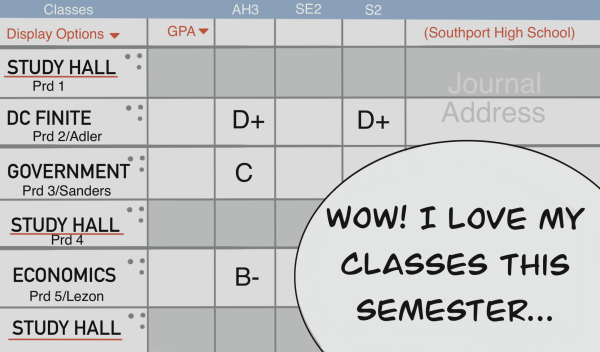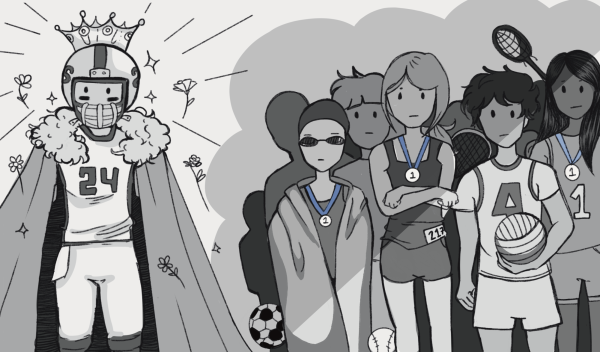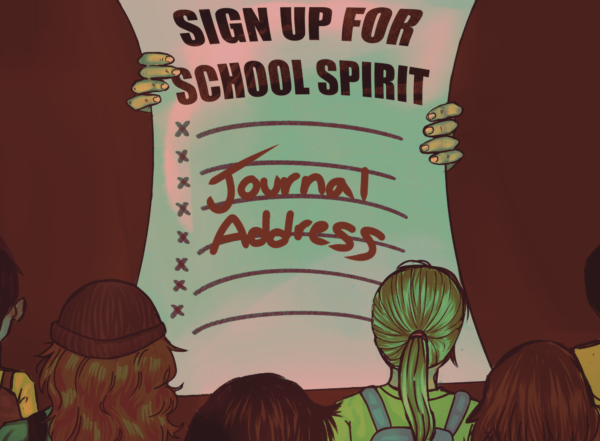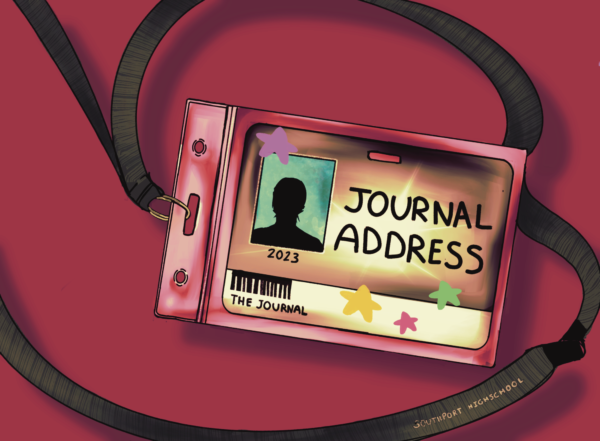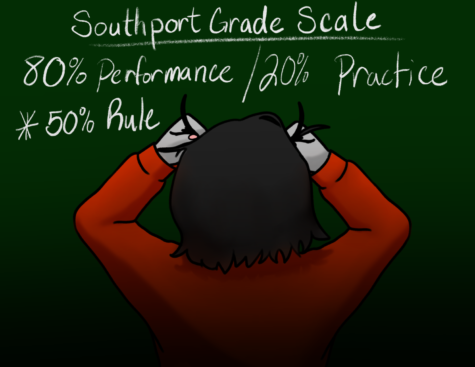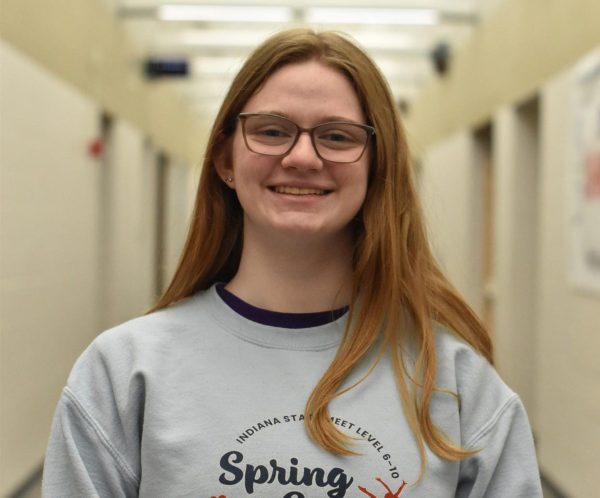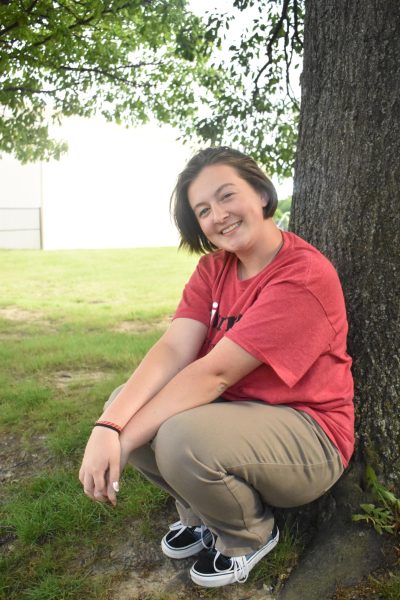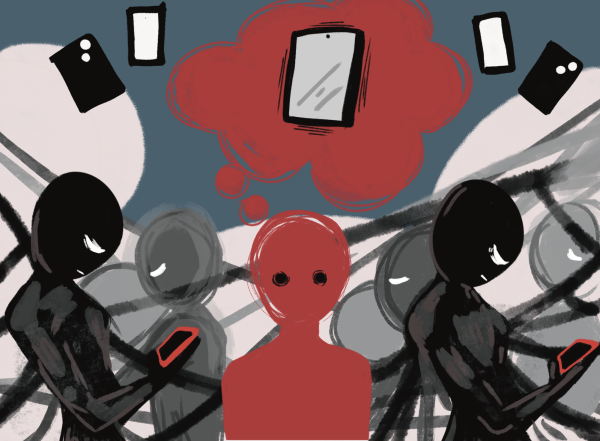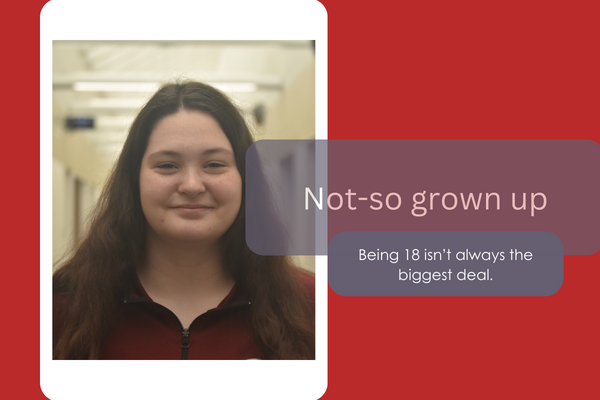Journal Address
Students should prioritize life-based skills more than formal education
Education on is a world with many different aspects. Students start in elementary school, move up to middle school and eventually high school. From there, there are different
paths a student can choose to move through their lives.
For one, students can choose to go to college. This is the most common choice, especially coming from teachers and faculty members.
On another hand, there’s the workforce where people can learn hands on skills and get experience earlier on than they would while in college.
While there are many options for each person, not all are made known for students to make up their own minds.
SHS should make real-world experience and field work just as important as formal education.
Having a college degree can be beneficial and help lead someone into a job that requires a degree. The medical, educational and math fields and so many more do need someone with higher education to know how to do their work, which can come from a college degree.
But, there are plenty of professions that don’t need a college degree such as electricians, firefighters, pharmacy technicians and patrol officers.
While SHS provides insight for these careers, like “College Go Week” or career fairs, it’s not enough to thoroughly teach these people about other options they may have.
If someone is interested in going straight to the workforce, they might consider a Central Nine program, also known as C9. There, students get to travel during school hours to go practice professional skills in their desired field to prepare them for the career.
C9 isn’t advertised enough, though. When students are entering high school, they’re supposed to have their minds made up on whether they want to go through with the program or not. Then, when it’s time for students to fill out their scheduling forms, there’s a little option at the very bottom instructing them to click if they would like to participate in the program.
Even with this, students don’t know much about it. It would be more beneficial for students to have more guidance than just the fact that C9 exists. Each student’s counselor can help provide them with information, but many students don’t want to see their counselor. Some don’t even know who their counselor is.
The issue comes up of how students who do choose C9 have to compromise their education. These students are often giving up the Academic Honors diploma when it’s time to graduate. It is possible to achieve both, but it’s an increased workload and difficult for students to uphold. So the choice remains: education or experience?
There’s also an in-between. Students might not know if they want to go to college or go straight into the workforce. They might consider looking into community college. But, there is such a stigma against going to community college, when in reality it can be even more rewarding to take this path. For one, it’s cheaper than a full four-year college, and it can get someone into the workforce sooner, giving them more experience.
With the way SHS is functioning now, it feels as though faculty is enforcing this notion that going to college is the only way. It feels as though getting a degree is the be-all-end-all for every student when, in reality, it’s not.



